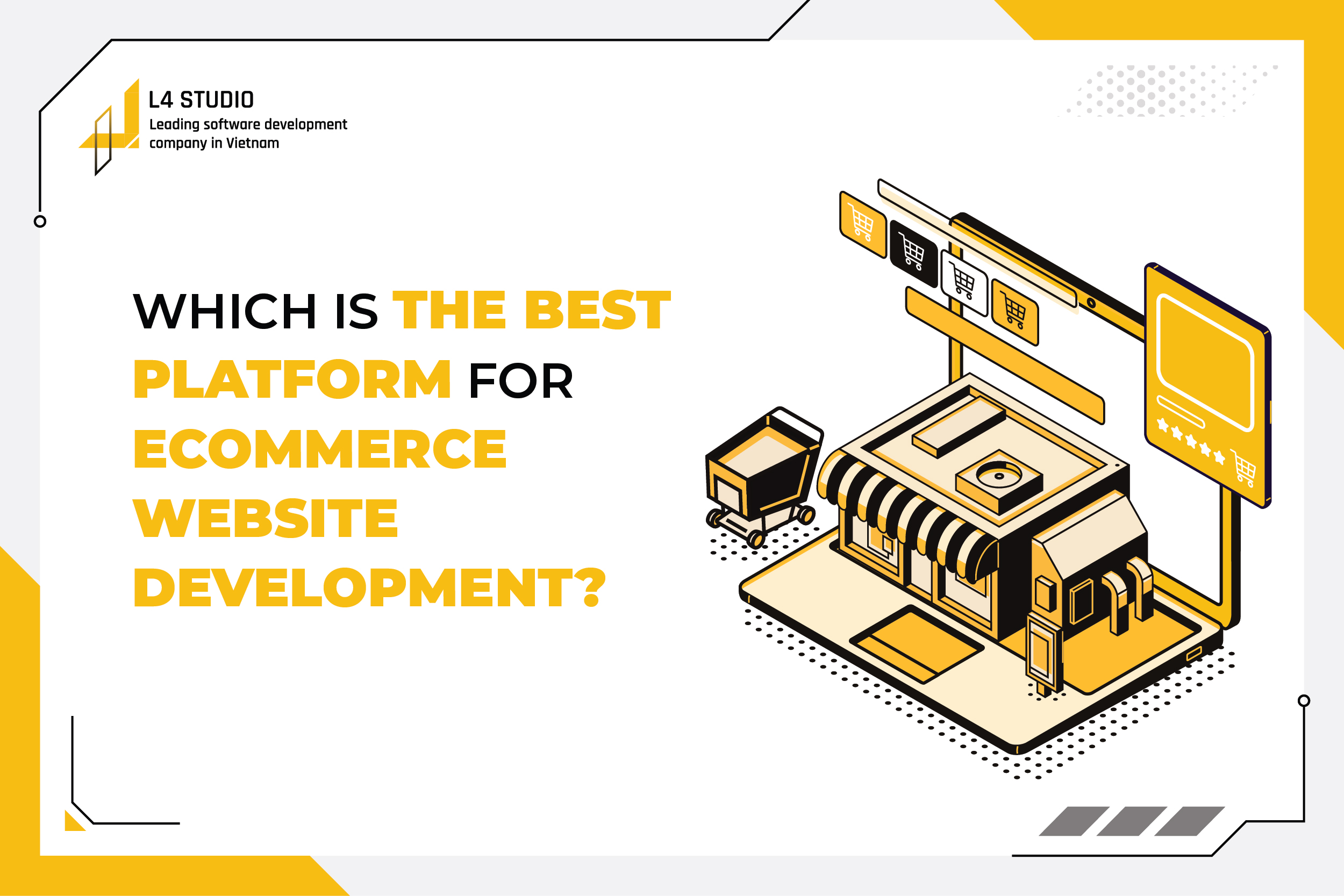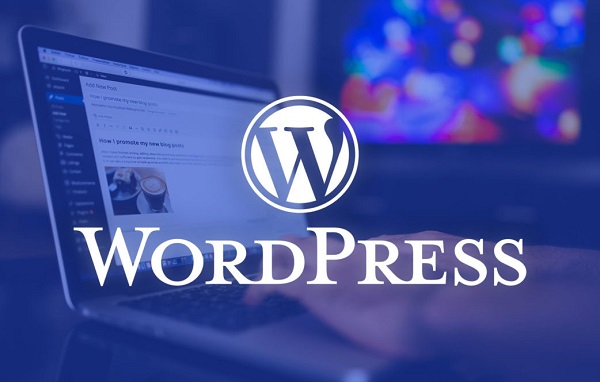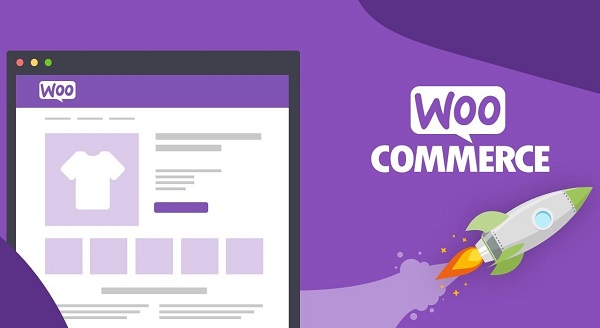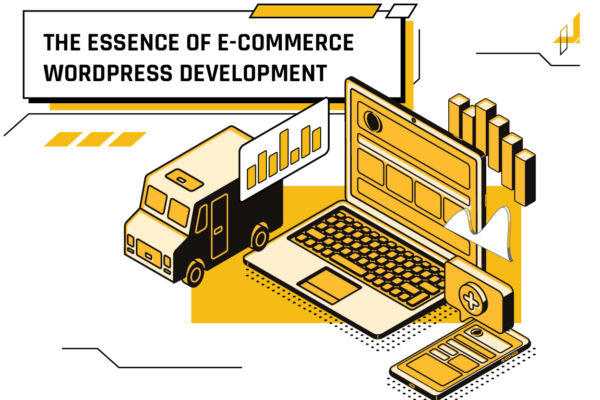
which is the best platform for ecommerce website development?
Looking to build an ecommerce website but not sure which platform to choose? With so many options available, it can be overwhelming to decide which one is the best fit for your business. In this article, we’ll explore the best platform for ecommerce website development and provide insights into their features, customization options, pricing, and more. By the end of this article, you’ll have a better understanding of which platform is right for you and your ecommerce business. Let’s dive in and find the best platform for your ecommerce website development needs
1. What is an eCommerce website?
An ecommerce website is an online platform that enables businesses or individuals to sell products or services. These websites allow customers to browse products, select items for purchase, and complete transactions online. The popularity of ecommerce has grown significantly over the years, as more people prefer the convenience and flexibility of online shopping.
Ecommerce websites typically offer a range of features, including product catalogs, shopping cart systems, payment gateways, and order management tools. In addition, ecommerce websites may include social media integration, customer support, and other features designed to enhance the customer experience.

Figure 1.The best platform for ecommerce website development
To build an ecommerce website, businesses can choose from a variety of platforms and tools. Some popular options include content management systems (CMS) like WordPress or Magento(best platform for ecommerce website development), and ecommerce-specific platforms like Shopify or WooCommerce. These platforms offer a range of customization options and features to help businesses create an online store that meets their unique needs.
2. Best platform for ecommerce website development
2.1 WordPress – Best platform for ecommerce website development
2.1.1 Overview of WordPress
WordPress is a popular CMS that powers over 30% of all websites on the internet, including ecommerce websites. It offers a range of ecommerce plugins such as WooCommerce that allow users to build an online store.

Figure 2.Wordpress is some in the best platform for ecommerce website development
WooCommerce is an ecommerce-specific plugin that provides features like product management, order management, and payment and shipping integrations. It also offers a wide range of customization options and design templates, making it easy to create an online store that suits your business needs.
2.1.2 features and benefit of WordPress
- User-friendly interface and easy to set up
- Wide range of customizable design templates and plugins
- Large community of developers and users for support and resources
- SEO-friendly features for better search engine visibility
- Suitable for small to medium-sized ecommerce websites with basic functionality
2.1.3 pros and cons of WordPress platform
Pros:
- User Friendly CMS
- Plugins
- SEO
- Responsive
- Open source
Cons:
- Updates
- Vulnerability
- Speed
- Customization
2.2 Magento – Best platform for ecommerce website development
2.2.1 overview of Magento
Magento is an open-source ecommerce platform that is designed specifically for ecommerce websites(best platform for ecommerce website development). It is known for its scalability and flexibility, making it a popular choice for large and complex ecommerce websites. Magento provides a range of features such as product management, order management, payment and shipping integrations, and marketing and analytics tools. It also offers a high level of customization, allowing businesses to create a unique online store that reflects their brand and meets their specific needs.
2.2.2 features and benefit of Magento
- Robust ecommerce features and scalability for large and complex online stores
- Extensive customization options and flexibility for design and functionality
- Advanced SEO capabilities for improved search engine rankings
- Built-in analytics and reporting tools for data-driven insights
- Ideal for businesses with high-volume sales and complex inventory management needs
2.2.3 pros and cons of Magento
Pros:
- Highly scalable and flexible for larger stores with high traffic volume
- Robust ecommerce features and functionality
- Customizable design and templates for unique branding
- Built-in SEO optimization and advanced analytics
Cons:
- Steep learning curve and more complex setup process
- Higher cost, especially for larger stores with more complex needs
- Need for dedicated hosting and development resources
- Limited support for smaller stores and businesses
2.3 Shopify – Best platform for ecommerce website development
2.3.1 Overview of Shopify
Shopify is a hosted ecommerce platform that allows users to easily set up and manage an online store. It offers a range of features, including customizable design templates, payment and shipping integrations, marketing and SEO tools, and 24/7 customer support.
Shopify also has its own app store, where users can find and install additional apps to add more functionality to their store.
2.3.2 Features and benefit of Shopify
- All-in-one hosted solution for easy setup and management
- Extensive app store for additional functionality and customization options
- Secure and reliable with 24/7 customer support
- Responsive design for optimized mobile shopping experiences
- Suitable for small to medium-sized businesses with limited technical expertise
2.3.3 Pros and cons of Shopify
Pros:
- Easy to use and setup, even for beginners with no coding experience
- Fully hosted platform with built-in security and reliability
- Wide range of design templates and third-party apps available
- 24/7 customer support and comprehensive ecommerce features
Cons:
- Limited customization options for design and functionality
- Higher cost, especially for larger stores with high transaction volume
- Transaction fees for using third-party payment gateways
- Limited control over the platform and need to rely on Shopify’s ecosystem
2.4 WooCommerce – Best platform for ecommerce website development
2.4.1 Overview of Woocomerce
WooCommerce is an open-source ecommerce platform that operates as a plugin for WordPress. It’s a popular choice for those who already have a WordPress website and want to add ecommerce functionality.

Figure 3. WooCommerce is some in the best platform for ecommerce website development
WooCommerce offers a range of features, including customizable design templates, payment and shipping integrations, marketing and SEO tools, and extensions to add additional functionality to the store.
2.4.2 Features and benefit of WooCommerce
- Open-source platform for full control and customization
- Integration with WordPress for easy content management and SEO benefits
- Wide range of free and paid extensions for additional features and functionality
- Scalable for businesses of all sizes with various customization options
- Ideal for businesses with a focus on content marketing and blogging in addition to ecommerce.
2.4.3 Pros and cons of WooCommerce
Pros:
- Easy integration with WordPress for seamless ecommerce functionality
- Large community with numerous plugins and themes available
- Affordable cost, especially for smaller stores
- High level of customization and flexibility for unique needs
Cons:
- Need for WordPress hosting and setup, which can be more complex than other platforms
- Limited scalability for larger stores with high traffic volume
- Need to manage updates and maintenance on your own
- May require technical knowledge and development resources for more complex customizations
SUMMARY
Choosing the best platform for ecommerce website development depends on various factors such as the size of the business, the type of products or services being sold, and the specific needs and preferences of the business owner. WordPress and Magento offer a range of customization options and features for businesses with more complex requirements, while Shopify and WooCommerce provide a more user-friendly and streamlined approach for smaller businesses or those just starting out.
Ultimately, the platform for ecommerce website development will be the one that meets the specific needs and goals of the business owner, while also providing a seamless and secure online shopping experience for customers. It is important to carefully evaluate the features and benefits of each platform before making a decision, and to seek guidance from a professional web developer or ecommerce expert if needed. With the right platform and strategy in place, businesses can maximize their online presence and drive success in the competitive world of ecommerce.
Sources: Internet
——————————
L4 STUDIO – LEADING SOFTWARE DEVELOPMENT COMPANY IN VIETNAM
Website: https://l4studio.net/
Email: hi@l4studio.net
Phone: (+84) 28 6675 6685
Our Mobile Development Outsourcing: https://l4studio.net/mobile-app-development/
For more interesting blogs: https://l4studio.net/it-knowledge/
Follow us at: https://www.facebook.com/L4Studiovn/
Read more:








